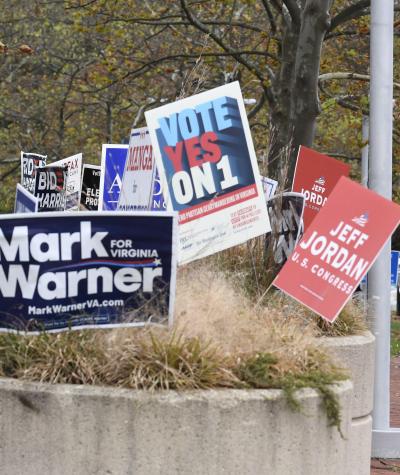As votes for the 2020 general election continue to get counted, it is clear that Virginia’s amendment to reform gerrymandering has passed. Campaign Legal Center (CLC) has been a leading national advocate for the passage of this amendment, supporting local partner OneVirginia 2021 throughout the process.
Voters have said loud and clear that they are ready to move past Virginia’s long history of gerrymandering.
After a sustained effort by a diverse coalition of national and in-state groups, legislators and the electorate have both proven that bipartisan solutions are possible when democratic principles are placed over partisanship.
Paired with strong enabling legislation, the amendment will help Virginia adopt fair maps and a more inclusive process.
Virginia will have a new 16-member commission, made up of eight legislators and eight citizens, divided evenly between the two parties. There will be measures in place to ensure public feedback and transparency.
National Support for Redistricting Reform
The views of Virginia voters are in line with national support for gerrymandering reform. A poll of likely 2020 general election voters commissioned by CLC found strong opposition to gerrymandering.
In fact, 65% of voters surveyed would prefer congressional districts with no partisan bias, even if it meant fewer seats for their own party.
Background
State efforts to fight back against gerrymandering have taken on added urgency after the U.S. Supreme Court’s refusal in 2019 to use the U.S. Constitution to stop even the most extreme examples of partisan gerrymandering.
The structure of redistricting commissions vary from state to state, but are a valuable citizen tool designed to make the redistricting process fairer by establishing standards for who can serve on the commission and through criteria to improve fairness when drawing district maps.
Learn more about the issue by visiting CLC’s DemocracyU resources on redistricting commissions.
